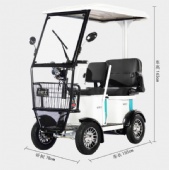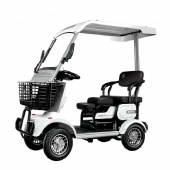Author:AliceDate:2025-5-8
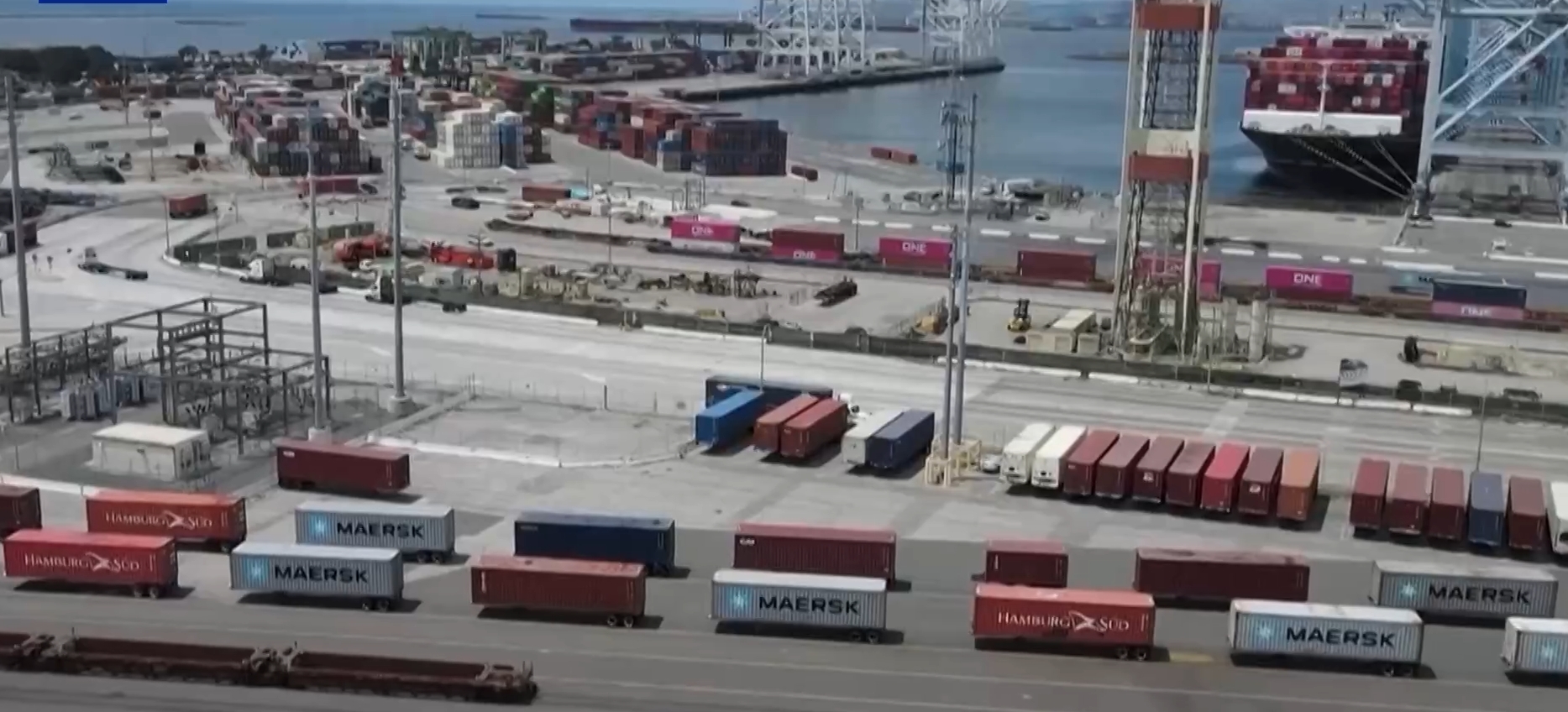
The "tariff war" hits US exports, and price increases and unemployment may follow
The impact of the US government's abuse of tariffs is continuing to worsen. According to a report by the US Consumer News and Business Channel (CNBC) on the 6th, due to the US government's insistence on provoking a "tariff war", many companies canceled manufacturing orders, US imports plummeted, and now exports from ports across the United States have also declined.
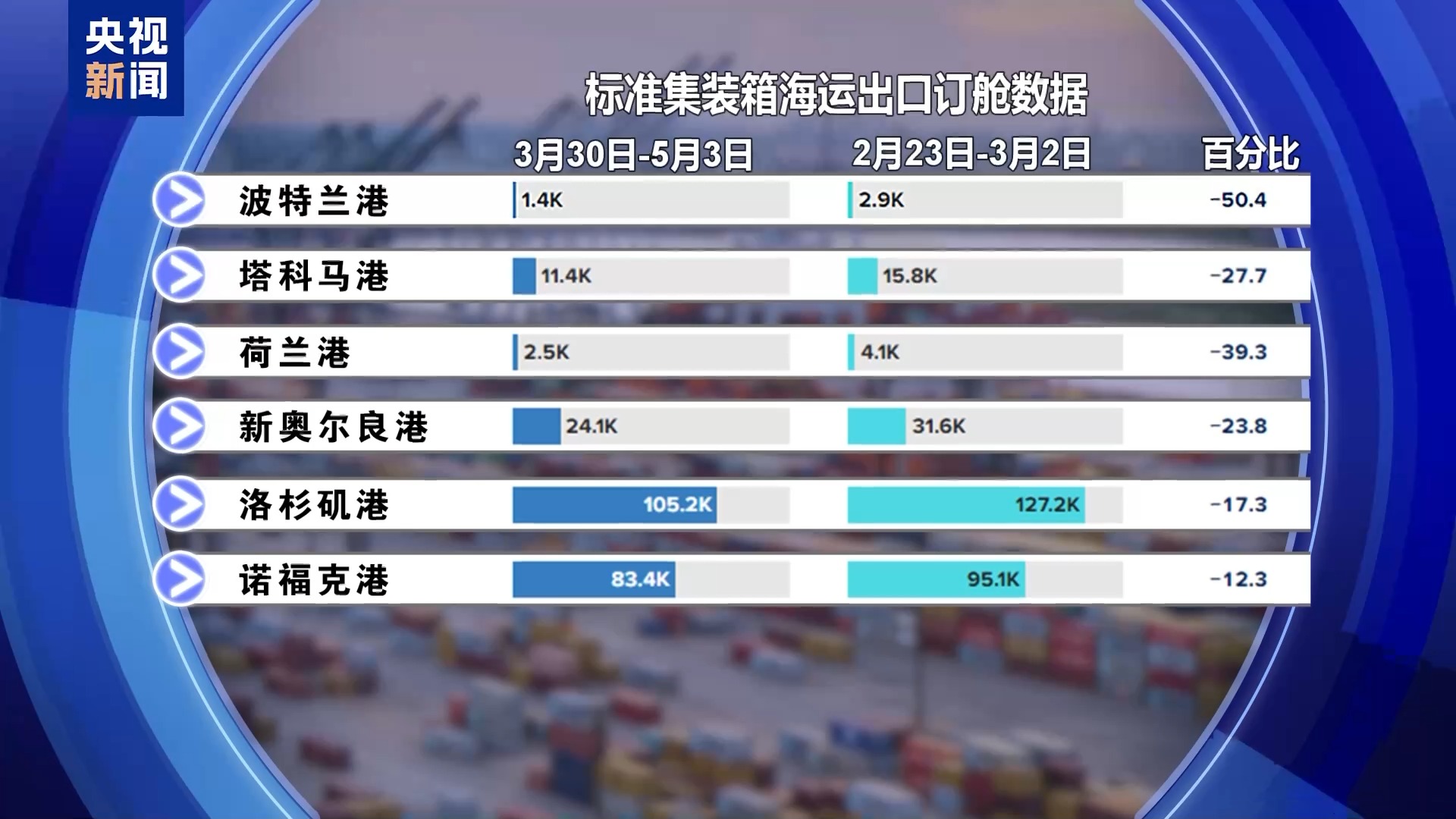
According to the report, Vizion, a global shipping order tracking system, analyzed container booking data before and after the tariffs took effect, and they found that most ports across the United States had a significant decline in exports.
For example, the export volume of the Port of Portland fell by 50.4%, the largest decline in the port. The export volume of the large agricultural product export port, the Port of Tacoma, also fell by 27.7%; the export volume of the Dutch Port in Alaska fell by 39.3%; the export volume of the Port of New Orleans fell by 23.8%; the export volume of the Port of Los Angeles fell by 17.3%, and the Port of Norfolk fell by 12.3%. Ben Tracy, Vice President of Strategic Business Development at Vizien, pointed out: "Almost all US exports have been hit."
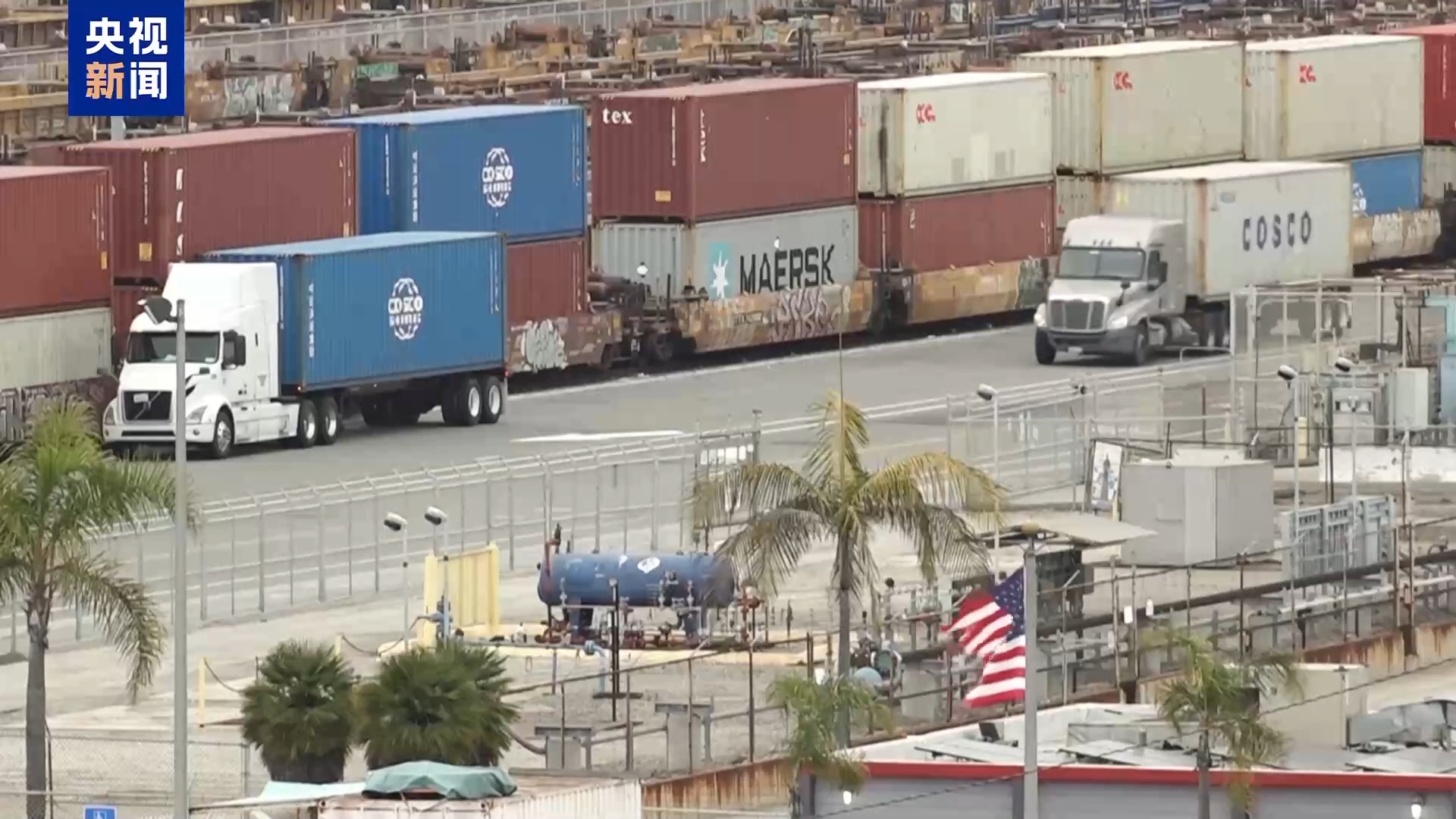
Increased costs and reduced orders have exacerbated the downward trend of US exports
The report pointed out that the decline in exports is related to the reduction in container ships shipped to the United States, because some companies were forced to cancel manufacturing orders, causing some ships to stop entering the United States. The tariff policy has led to a rapid decline in US imports. Port data from Vizien's global shipping order tracking system shows that from April 21 to April 28, the container volume at US ports fell 43% week-on-week.
Kyle Henderson, CEO of Vizien, said: "This means that goods originally scheduled to arrive in the next six to eight weeks cannot be delivered at all. In addition, small businesses are suspending orders as tariffs have pushed up costs, and goods that once had reliable transportation channels are now doubled in price, forcing importers to make difficult choices." This dual pressure of increased costs and reduced orders has further exacerbated the downward trend of exports.

Price increases, unemployment, tariffs bring chain shocks to the US economy
A report from Bank of America's global research department pointed out that although US companies "stocked up" in advance at the beginning of this year, commodity inventories did not increase significantly. Many retailers may only have one to two months of inventory. Any unforeseen demand or supply disruptions may affect retailers' commodity supply and commodity prices in the United States.
Kiplin Lodit, executive director of the Southern California Maritime Exchange, warned that the reduction in the number of cargo ships and containers arriving in the United States will lead to excess capacity in the supply chain in terms of labor, trucks, trains, etc. "They will lose their jobs due to the reduction in cargo arrivals."
A Hawaii-based cargo ship operator provides expedited transportation services from China to Long Beach, California, the United States. Since the tariff policy came into effect in April, the company's container volume has fallen by about 30% year-on-year. "We expect container volume to decline year-on-year in the second quarter. At present, it is difficult to determine whether this situation is temporary or will last longer," said Matt Cox, the company's CEO.
↑Previous [ Celebrate the establishment of a win-win partnership between our company and a giant in the Egyptian automotive industry. ]↓Next [ Christmas tree catches fire in Damascus ]

